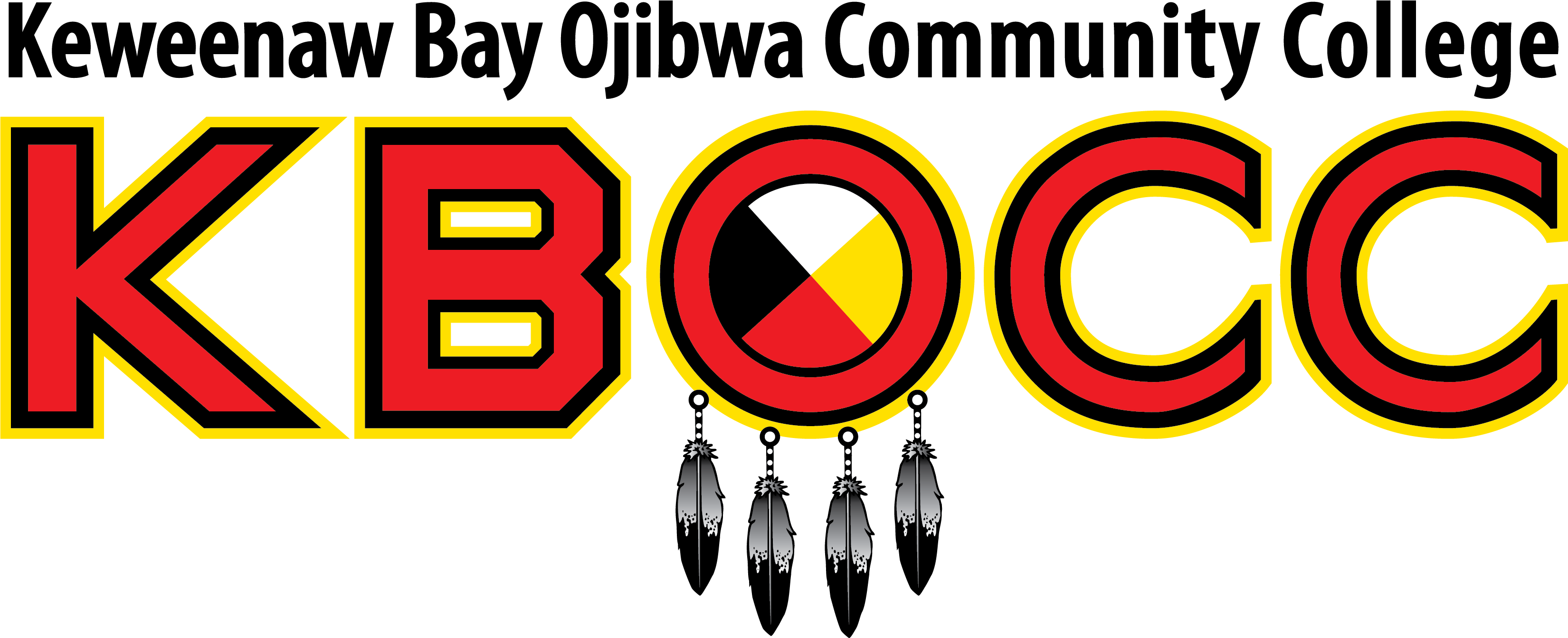Welcome to KBOCC’s Office of Institutional Effectiveness!
At KBOCC, we are committed to continuous improvement and transformational education, and our institutional assessment and effectiveness efforts play a crucial role in achieving this goal. This platform serves as a hub for accessing valuable information and resources related to our assessment processes and institutional effectiveness efforts. We believe that ongoing assessment and measuring effectiveness are essential components of telling our story and delivering on the KBOCC mission.
About Institutional Effectiveness
Institutional effectiveness (IE) refers to the extent to which KBOCC fulfills its mission and meets the needs of the community and its students. It is a comprehensive and continuous process that involves assessing an institution’s performance, making informed decisions based on data-driven insights, and implementing strategies to improve overall effectiveness. In the context of educational institutions, institutional effectiveness is a fundamental concept that drives success, growth, and sustainability and enables KBOCC to ensure it is operating at its highest potential and delivering high-quality educational experiences.
IE Principles
KBOCC is striving to cultivate a culture of evidence based on:
• Clear mission alignment
• Data-informed decision-making
• Continuous improvement
• Stakeholder engagement
• Full transparency
The key components and processes that fall under KBOCC’s Institutional Effectiveness umbrella include:v
ASSESSMENT
The assessment and continuous improvement processes assess academic, student success, and operational areas across the institution. Academic assessment focuses on student learning outcomes associated with the knowledge, skills, abilities, and attitudes to be gained by students who complete learning experiences at all levels of the College. Student success assessment focuses on aligning learning and/or success outcomes with the area’s mission, and operational assessment Each learning or success outcome and objective is assessed at least once during KBOCC’s assessment cycle.
LEARN MOREACCREDITATION
KBOCC is accredited by the Higher Learning Commission (HLC). HLC “…accreditation validates the quality of an institution’s academic programs….and evaluates the institution as a whole, including the soundness of its governance and administration, adherence to mission, the sustainability of its finances, and the sufficiency of its resources.” Individual academic programs and other College areas may have specialized accreditations as well. The College’s accreditation schedule can be found in the Accreditation section.
LEARN MOREPROGRAM REVIEW
The purpose of academic program review is to maintain a set of high-quality academic programs, consistent with the KBOCC mission, sought by students, that support educational objectives and make sustainable use of institutional resources. Programs are reviewed according to established criteria and include reflective self-study and external review.
LEARN MORESTRATEGIC PLANNING
The College’s strategic plan is a systematic 5-year organizational plan that drives action to address the gap between the current state and the vision. The strategic plan’s operationalization is guided by an implementation plan. Beginning in 2025, KBOCC is launching a more focused initiative to integrate assessment results and program review information in the strategic plan’s development and implementation processes.
LEARN MOREOffice of Assessment and Accreditation
Purpose: Support the College’s quality initiatives and program review process in support of mission attainment. Proactively facilitate and implement quality initiatives leading to the continuous improvement of programs, services, and operations that contribute to the College’s efficiency and effectiveness.

Char Weingarten
Director of Enrollment Management & Institutional Effectiveness
(906) 524-8102
Wabanung – 102W

Sherrie Gentry
Institutional Research Analyst
(906) 524-8107
Wabanung – 107W

David Musiel
Institutional Research Analyst
(906) 524-8108
Wabanung – 108W
